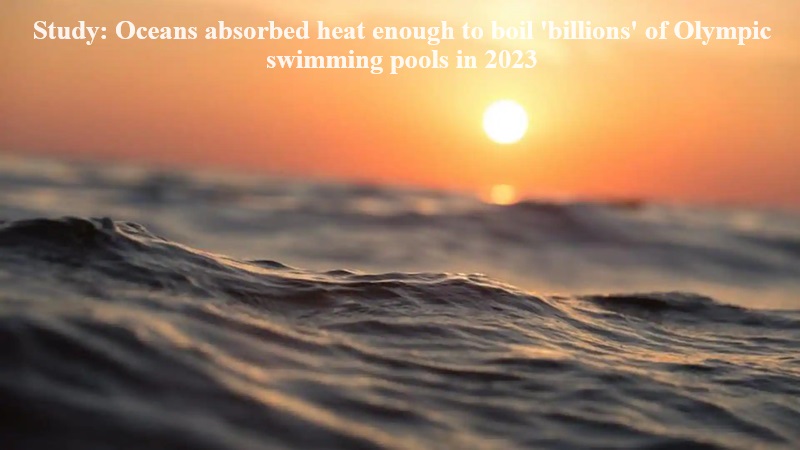
The global oceans have absorbed a staggering 9 to 15 zettajoules more energy compared to the levels recorded in 2022, according to estimates from both the US National Oceanic and Atmospheric Administration (NOAA) and the Chinese Institute of Atmospheric Physics (IAP). To put this into perspective, one zettajoule is roughly equivalent to ten times the total electricity generated worldwide in a year. This annual oceanic energy absorption represents a considerable amount, considering that the entire globe typically consumes around half a zettajoule annually to sustain its economies.
The oceans, covering 70% of Earth’s surface, have absorbed 90% of the excess heat generated by human activities and carbon pollution since the onset of the industrial age. The findings, detailed in the journal Advances in Atmospheric Sciences, highlight that sea surface temperatures and the energy stored in the upper 2000 meters of the ocean have reached unprecedented levels.
The consequences of this heightened oceanic heat absorption are reflected in the climatic events of 2023, which witnessed record-breaking heatwaves, droughts, and wildfires. As oceans warm, more heat and moisture enter the atmosphere, triggering erratic weather patterns characterized by strong winds and intense rainfall.
The primary driver of this phenomenon is the burning of fossil fuels, contributing to global warming and subsequently elevating sea surface temperatures. Additionally, the weather phenomenon El Niño, currently in effect and expected to peak in 2024, has further intensified sea temperatures in the southern Pacific Ocean, contributing to heightened global temperatures. The intricate interplay of human-induced climate change, oceanic heat absorption, and natural climate phenomena underscores the complexity of the Earth’s climate system and the profound impact of these interactions on weather patterns and extreme events.

Post Your Comments